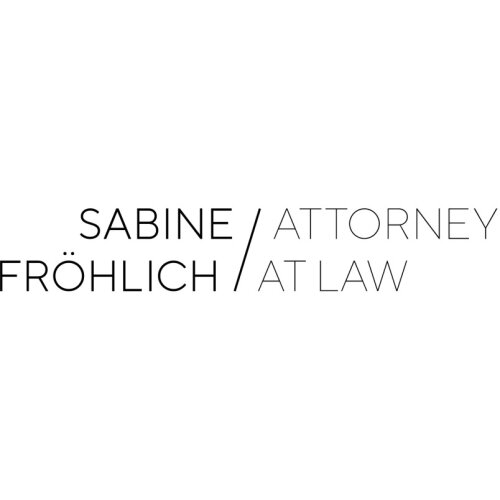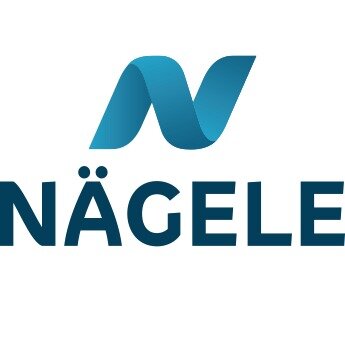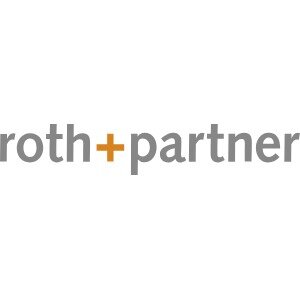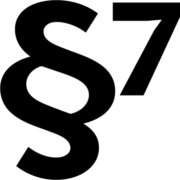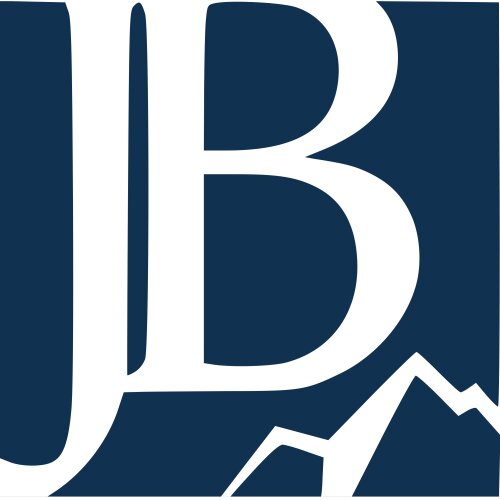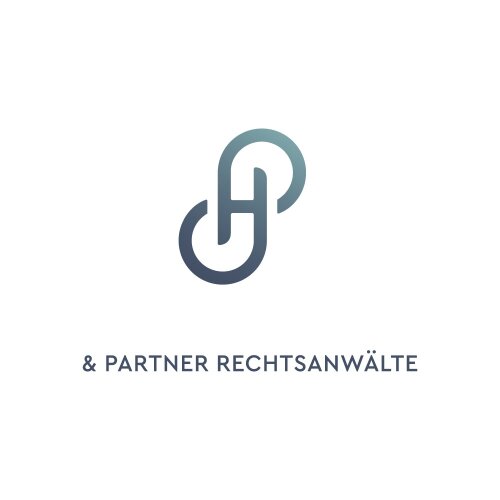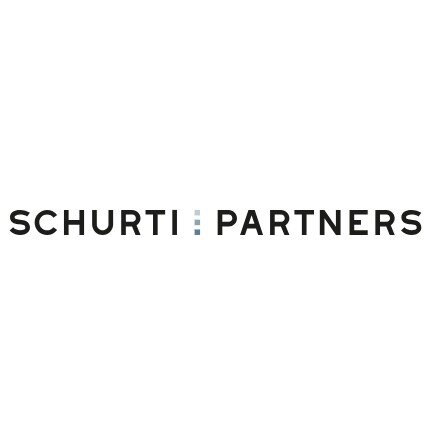Best Sanctions & Export Controls Lawyers in Liechtenstein
Share your needs with us, get contacted by law firms.
Free. Takes 2 min.
Or refine your search by selecting a city:
List of the best lawyers in Liechtenstein
About Sanctions & Export Controls Law in Liechtenstein
Sanctions and export controls are regulatory measures that restrict or prohibit certain transactions, goods, services, or financial activities based on national or international policy. In Liechtenstein, these frameworks ensure that the country complies with United Nations (UN), European Union (EU), and Swiss requirements regarding the movement of goods, services, technology, and funds. These laws aim to prevent violations such as supporting sanctioned entities, facilitating trade in prohibited goods, or failing to report suspicious cross-border activities. For businesses operating internationally or individuals handling cross-border transactions, understanding these controls is critical to avoid legal consequences and support global security aims.
Why You May Need a Lawyer
Legal counsel is highly recommended for navigating sanctions and export controls in Liechtenstein. Common situations where you may require a lawyer include:
- Advising on whether a business partner or customer is subject to sanctions lists
- Navigating dual-use goods regulations that apply to technology or technical equipment
- Ensuring proper reporting and licensing for exporting controlled goods or technology
- Responding to investigations by authorities into alleged violations
- Understanding the impact of new or changing sanctions measures on ongoing contracts
- Assessing financial transactions for compliance when handling cross-border payments or assets
- Drafting compliance policies for companies with international operations
- Managing supply chain risks where products or services may indirectly reach sanctioned parties
Legal professionals help prevent violations, address regulatory risks, and defend clients facing alleged breaches.
Local Laws Overview
Liechtenstein is not a member of the European Union but is part of the European Economic Area (EEA) and maintains a customs union with Switzerland. Its sanctions and export controls framework is thus shaped by both Swiss and EU regulations. Key aspects of local laws include:
- Implementation of UN Security Council and EU sanctions via national legislation
- Adoption of Switzerland's sanctions lists through bilateral agreements, enforced in Liechtenstein
- Control of exports, transits, and brokering of dual-use goods under the Liechtenstein Export Control Act
- Stringent measures against financing of terrorism and proliferation of weapons of mass destruction
- Mandatory due diligence obligations for financial institutions and businesses handling international transactions
- Penalties for violations including significant fines and possible criminal prosecution
Companies and individuals must comply with local requirements even if their activities have cross-border elements, ensuring no direct or indirect support for targeted regimes or persons.
Frequently Asked Questions
What are sanctions and export controls?
Sanctions are legal restrictions imposed against countries, organizations, or individuals, often for security or policy reasons. Export controls are regulations on goods, technology, or services that require government consent to be transferred across borders.
Who regulates sanctions and export controls in Liechtenstein?
The Office for Foreign Affairs and the Financial Intelligence Unit play key roles in enforcing these regulations, in coordination with Swiss and EU authorities.
Do I need a license to export goods from Liechtenstein?
If the goods are on a controlled list, such as dual-use items or arms, you need an official license before exporting or even brokering the transaction.
Are EU sanctions automatically valid in Liechtenstein?
Not automatically. Liechtenstein adopts many EU measures through national legislation and agreements, especially where these align with Swiss law.
What are dual-use goods?
Dual-use goods are items, software, or technology that can be used for both civilian and military applications. Their export is tightly regulated.
What happens if I violate sanctions laws?
Violations can lead to robust investigations, significant fines, freezing of assets, and in severe cases, criminal prosecution.
Can I import or export to a sanctioned country?
Such transactions are usually prohibited or strictly limited, unless a specific exemption applies or you receive official authorization.
How do I know if a client is on a sanctions list?
Check up-to-date databases provided by local authorities, Switzerland, or the EU. Due diligence and screening procedures are essential.
Are financial transactions covered by export controls?
Yes, financial transactions related to sanctioned persons or areas are subject to strict controls and can be blocked or reported.
Can a lawyer help with compliance programs?
Absolutely. Lawyers can draft compliance procedures, conduct staff training, audit existing practices, and defend you during regulatory investigations.
Additional Resources
For further guidance on sanctions and export controls in Liechtenstein, the following resources are useful:
- Liechtenstein Office for Foreign Affairs - Provides updates on current national and international sanctions regulations
- Financial Intelligence Unit (FIU) Liechtenstein - Guidance on financial sanctions and reporting suspicious transactions
- Swiss State Secretariat for Economic Affairs (SECO) - Sanctions lists and export control guidance, which also apply in Liechtenstein
- European Commission Sanctions Map - For understanding the scope of EU measures relevant to Liechtenstein
- Local legal bar associations - Listings of lawyers specializing in sanctions and export controls
Next Steps
If you are concerned about sanctions or export control obligations in Liechtenstein, consider taking these steps:
- Identify whether your business or transaction involves controlled goods, technology, or countries
- Screen all partners and clients against relevant sanctions lists
- Document your due diligence and compliance measures
- Contact a qualified lawyer who specializes in Liechtenstein’s sanctions and export controls for tailored advice
- If you suspect a potential breach, seek legal counsel immediately before responding to authorities
A proactive approach with professional guidance can safeguard your business or personal interests and ensure that you remain in compliance with the complex requirements of sanctions and export controls law in Liechtenstein.
Lawzana helps you find the best lawyers and law firms in Liechtenstein through a curated and pre-screened list of qualified legal professionals. Our platform offers rankings and detailed profiles of attorneys and law firms, allowing you to compare based on practice areas, including Sanctions & Export Controls, experience, and client feedback.
Each profile includes a description of the firm's areas of practice, client reviews, team members and partners, year of establishment, spoken languages, office locations, contact information, social media presence, and any published articles or resources. Most firms on our platform speak English and are experienced in both local and international legal matters.
Get a quote from top-rated law firms in Liechtenstein — quickly, securely, and without unnecessary hassle.
Disclaimer:
The information provided on this page is for general informational purposes only and does not constitute legal advice. While we strive to ensure the accuracy and relevance of the content, legal information may change over time, and interpretations of the law can vary. You should always consult with a qualified legal professional for advice specific to your situation.
We disclaim all liability for actions taken or not taken based on the content of this page. If you believe any information is incorrect or outdated, please contact us, and we will review and update it where appropriate.
Browse sanctions & export controls law firms by city in Liechtenstein
Refine your search by selecting a city.



